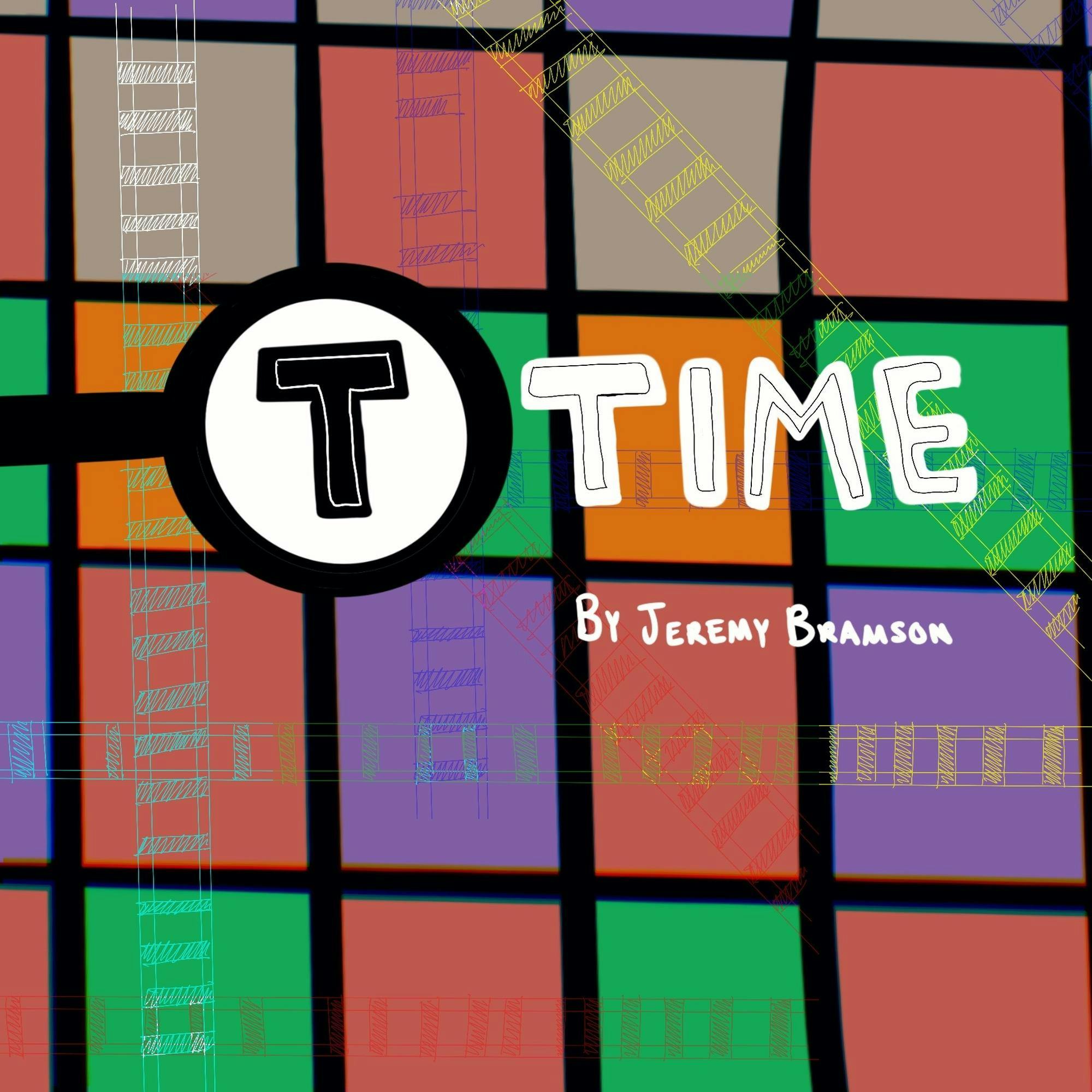Last weekend, I took the T to Back Bay station to visit a friend in the South End, so I thought it would be a perfect time to review the station!
For anyone interested in going to Back Bay, you can take the Green Line from Medford/Tufts to North Station then transfer to a Forest Hills-bound Orange Line train. Back Bay is six stops away from North Station, and it took me a little more than 25 minutes to get there from Tufts.
The New Haven Railroad Company constructed the first iteration of Back Bay station in 1899. The original building lasted from 1899–1928, when a fire demolished it. The second iteration of the station existed from 1929–87.
In the 1970s, the city of Boston proposed constructing the southwest section of the Orange Line as part of an elevated highway through Back Bay and the South End, reflecting the car-centric urban planning that plagued cities throughout the 20th century. However, public backlash stopped the project and this portion of the Orange Line was constructed underground instead of as an aboveground viaduct.
In 1987, the current Back Bay station opened and is served by the Orange Line, MBTA Commuter Rail and Amtrak.
Back Bay station resides at the confluence of two great Boston neighborhoods: Back Bay and the South End.
Today, the South End is one of Boston’s most expensive neighborhoods; however, this wealth is a relatively new development. Various working-class European immigrant groups settled in the area in the mid-1800s, and the South End quickly became one of Boston’s most diverse neighborhoods.
Beginning in the 1960s, many Black, Puerto Rican and Dominican families settled in the South End, but corporations have pushed these groups out by funding development projects and increasing property values. In recent decades, the neighborhood has been primarily white and wealthy. While exploring the South End, I kept this dark history of gentrification in mind.
The South End’s quiet streets are lined with beautiful, historic brownstones, pleasantly manicured parks and cute cafes and restaurants. Since Halloween had just passed before my visit, the stoops of many homes were still covered with pumpkins and Halloween decorations. I can only imagine how picturesque the neighborhood will look during the holiday season.
After walking through Franklin Square, my friend and I stopped in at Flour Bakery + Cafe where I had the best BLT and sticky bun of my life. If you are ever near a Flour Bakery + Cafe, I highly recommend stopping in — everything they have looks delicious.
Afterward, we walked along both Washington Street and Tremont Street, the commercial hubs of the South End.
The combination of its rich history, beautiful streets and delicious food scene make the South End one of Boston’s best neighborhoods and one that I highly recommend visiting.






